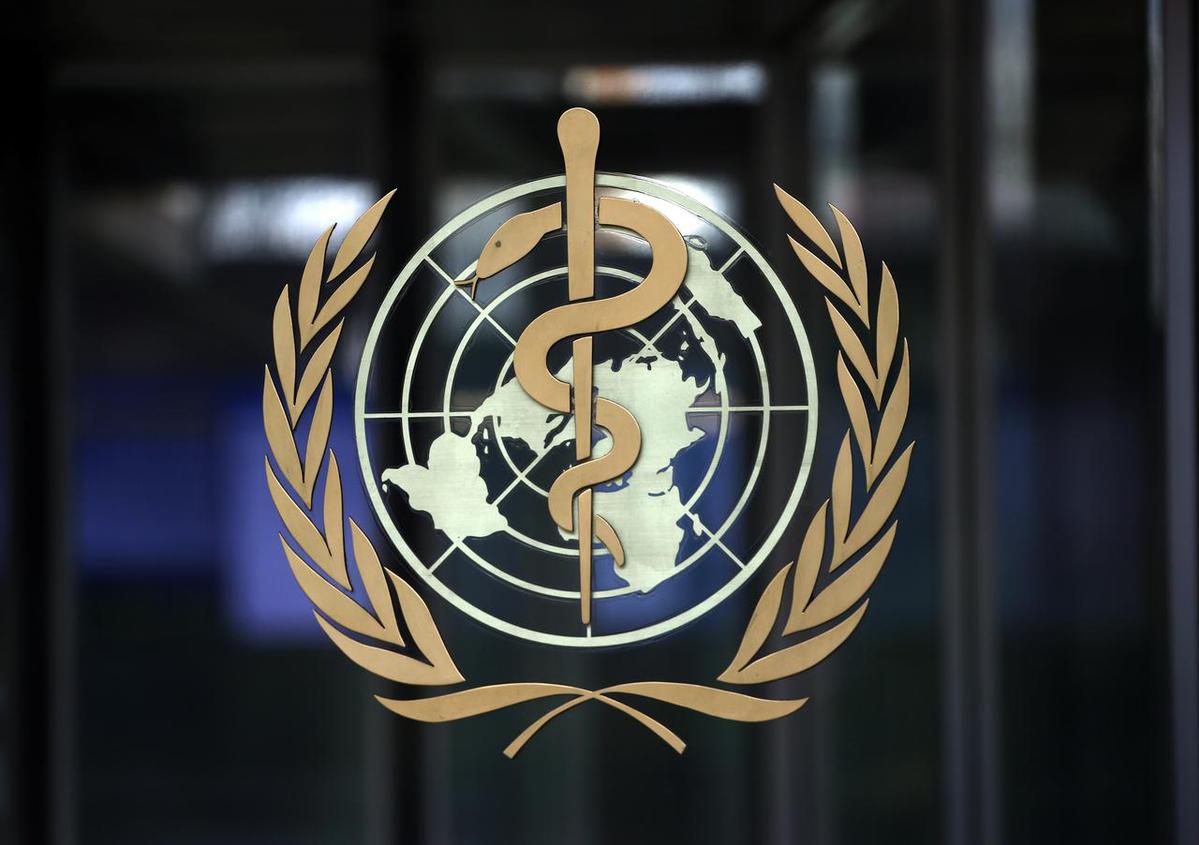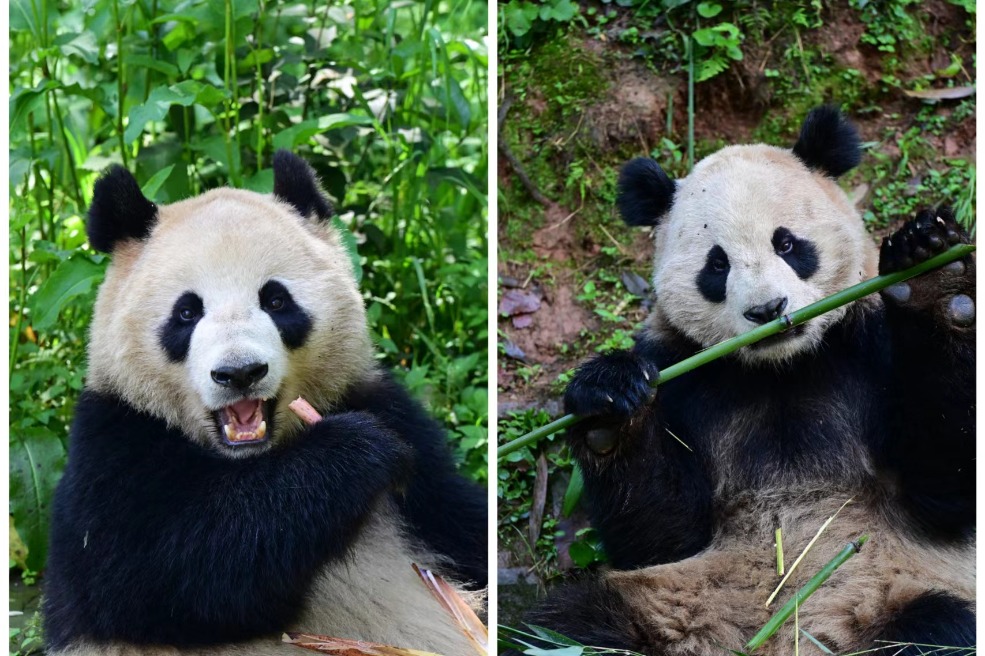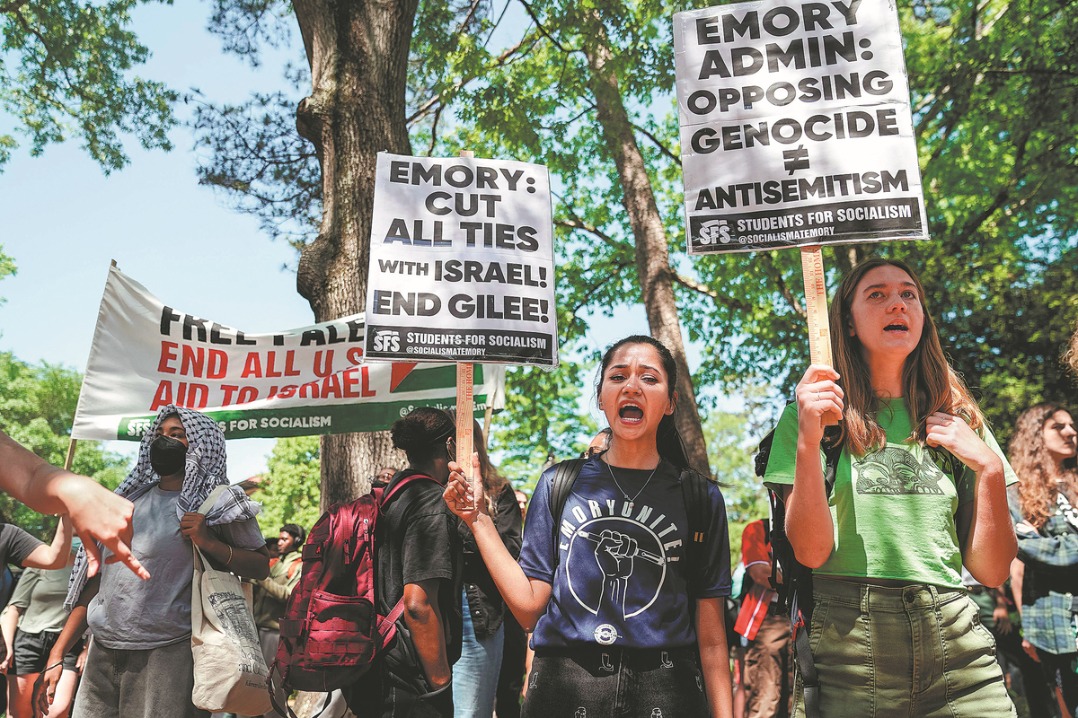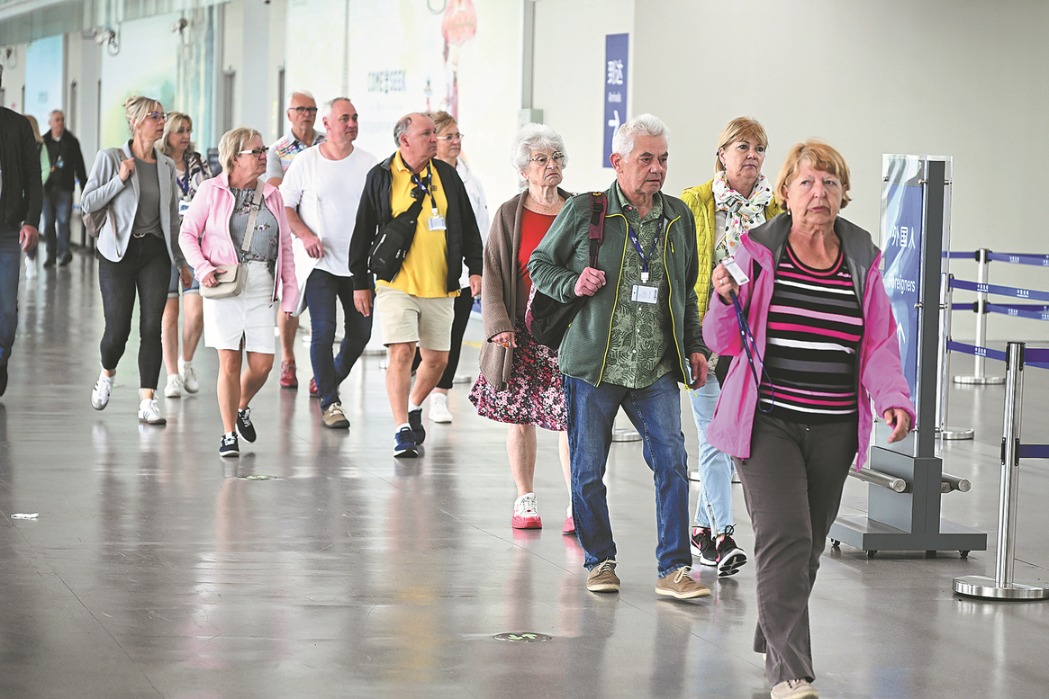Unequal vaccine sharing 'still an obstacle'
By Wang Mingjie in London | chinadaily.com.cn | Updated: 2021-06-08 03:53

The head of the World Health Organization, or WHO, has said the inequitable distribution of COVID-19 vaccines has created a "two-track pandemic" with richer countries being protected and poorer nations still being exposed, as he renewed his plea for dose sharing.
Speaking at Monday's media briefing, WHO Director-General Tedros Adhanom Ghebreyesus said that while the reported number of new cases of COVID-19 has now declined for six weeks, and deaths have declined for five weeks, the pandemic has shown a mixed picture around the world.
"Increasingly, we see a two-track pandemic: many countries still face an extremely dangerous situation, while some of those with the highest vaccination rates are starting to talk about ending restrictions," Tedros said.
Six months since the first vaccines were administered, high-income countries have administered almost 44 percent of the world's doses, compared to just 0.4 percent in low-income countries, according to the WHO.
"The most frustrating thing about this statistic is that it hasn't changed in months," Tedros said, stressing that "inequitable vaccination is a threat to all nations, not just those with the fewest vaccines".
A global effort to vaccinate at least 10 percent of the population of all countries by September, and at least 30 percent by the end of the year, was raised by Tedros at the World Health Assembly last month.
To reach these targets, the WHO needs an additional 250 million doses by September, and 100 million doses in June and July.
Tedros believes the leaders of G7 countries, who are due to meet this weekend for their annual summit, at Carbis Bay in Cornwall in England, have the power to meet these targets. He is calling on the G7 "not just to commit to sharing doses, but to commit to sharing them in June and July".
The WHO head also called on all manufacturers to give the global vaccine-sharing initiative COVAX first right of refusal on new volume of vaccines, or to commit 50 percent of their volumes to COVAX this year.
"COVAX is the best way to distribute vaccines quickly and equitably," he said. "Sharing vaccines now is essential for ending the acute phase of the pandemic."
Tedros said it has also become clear that an emergency, low-income countries cannot rely solely on imports of vaccines from wealthier nations, highlighting that investing in local production is critical for COVID-19 vaccines.
"Two months ago, the African Union launched the Partnership for African Vaccine Manufacturing, and several countries are making progress. I hope that some manufacturing sites will be identified and at least close to producing vaccines by the end of this year," he added.























